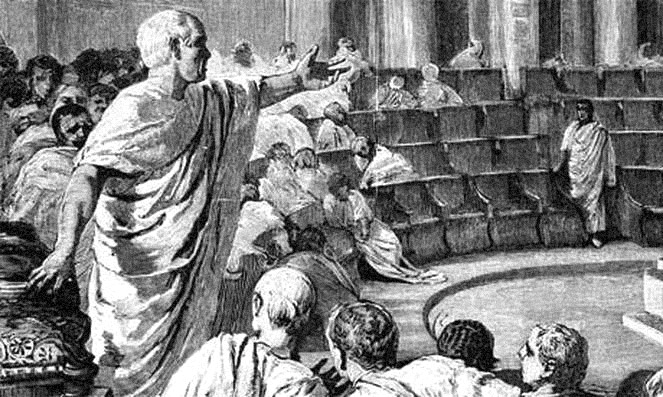A friend of mine describes her childhood as, in part, resembling a real-world comparative religions course. Her broad-minded mother encouraged her to choose her own religious identity, or none at all. This required her to do independent research, not only in libraries, but in the churches, mosques, synagogues, and temples of an unusually religiously diverse group of friends and acquaintances. It’s an experience that differs from that of most people, and one not without its own pressures—how does one know what to believe without an authority figure to dictate, many may wonder?
She did just fine, acquiring considerable understanding of world religions while herself settling on a Buddhist path, the only one of the big five, it seems, that encourages people to try out spiritual methods for themselves and determine what seems true or not. At least the Buddha supposedly recommended this in one “Sutta” (or “sutra”)—an ancient form of writing practiced by early Indian philosophical schools and a word whose meaning takes on a very modern resonance for 21st century digital readers: “thread.”
In the “Kalama Sutta,” which one translator describes as “The Buddha’s Charter of Free Inquiry,” the religious founder and former prince attempts to settle religious disputes by explaining to some perplexed villagers that one must use one’s own moral and intellectual reasoning to find the truth. It’s a discourse that captures the Socratic style of many Buddhist texts, and a famous one for Westerners for obvious reasons, but to say that it is representative of all kinds of Buddhism would be myopic.
Buddhist scriptures “number in the thousands,” says Professor Charles Hallisey of Harvard Divinity School, making their study a humbling lifelong activity that can never be exhausted. “What you have is a different phenomenon in which no one can ever say, ‘I know it all.’” Professor Hallisey leads a new online course from Harvard’s edX, which you can audit for free, called “Buddhism through its Scriptures.” The course looks at distinctive properties of this world religion through several important texts, historical context, and commentary from notable scholars like Thanissaro Bhikkhu.
You can register now for Professor Hallisey’s fascinating survey course on Buddhist scriptures here. “Buddhism through its Scriptures” is one of five such rigorous, yet highly accessible courses offered by edX, under the umbrella program “Religious Literacy: Traditions and Scriptures” (see an introductory video above), which offers students and spiritual seekers a sympathetic yet scholarly overview of each of the largest world religions: Christianity, Islam, Judaism, Hinduism and Buddhism. These courses are designed and taught by accomplished Harvard professors, and they introduce students to historical, theological, sociological, cultural, and textual issues within each tradition.
The approach of these courses is summed up by Religious Literacy Project Director Diane L. Moore in a document called “Our Method.” Religious scholars, she writes, recognize “the validity of normative theological assertions without equating them with universal truths about the tradition itself.” One can study religions with a critical, yet charitable, eye, allowing them to speak for themselves while remaining skeptical of their claims, and while acknowledging their “full range of agency from the heinous to the heroic.” In his introductory video lectures, Professor Hallisey admits this isn’t always easy.
It almost goes without saying, as he does say, that “conversations about religious matters can be contentious, even painful—sometimes intensely so.” But like the best religious teachers, Hallisey urges his students to think for themselves, and to place the study of religion “firmly in the Humanities,” a discipline in which “we not only… learn about other men and women, but also… learn about ourselves…. When we look back at what has happened to us, we can say that we ‘have grown.’” We can study some or all of the world religions and have this experience, even if we end up adopting none of them.
Sign up to take “Buddhism and its Scriptures” here, either as a free audited course or for a Verified Certificate for $50.
This course will be added to our collection of Free Religion Courses, a subset of our larger collection 1,700 Free Online Courses from Top Universities.
Related Content:
The Dalai Lama’s Introduction to Buddhism
Buddhism 101: A Short Introductory Lecture by Jorge Luis Borges
Free Online Religion Courses
Josh Jones is a writer and musician based in Durham, NC. Follow him at @jdmagness


